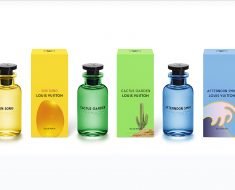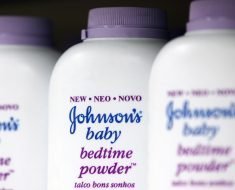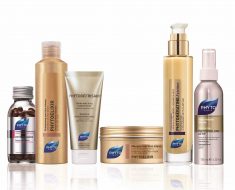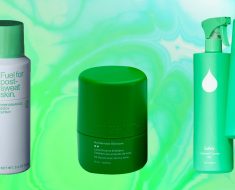Retinoids rank high on so many superstar skin-care ingredients lists for a reason — they work, especially for fighting acne. But using retinoids for acne can also come with some not-so-desirable side effects, like dry, sensitive skin. The skin-care powerhouse might become even more effective, however, thanks to a totally new type of retinoid.
Researchers at pharmaceutical and skin-care company Galderma conducted a study published earlier this month in the British Journal of Dermatology outlining the benefits of a new class of retinoids called trifarotene, which, in a nutshell, is reported to be more effective at topically treating acne with fewer side effects. Sounds promising, right?
Retinoids can do a variety of things to help your skin. "They prevent cells from sticking together and blocking the pores, reduce inflammation, and promote healthy cell turnover and exfoliation," Joshua Zeichner, a board-certified dermatologist and the director of cosmetic and clinical research in dermatology at Mount Sinai Hospital in New York City, tells Allure. Retinoids do this by binding to specific receptors (called "retinoid receptors") in the skin, which promote these clear-skin effects.
Here's where the skin science gets a little tricky: "There are three different types of retinoid receptors throughout the body," Zeichner says. For a retinol to work in the most effective, side-effect free way possible, it should specifically target the retinoid receptor that is most commonly found in the skin (which is called RAR-gamma, in science-speak).
Currently, the retinoids in your skin-care products don't differentiate that well — the available classes of retinoids target at least two out of the three types of receptors, explains Sebastién Cros, head of communications at Galderma, the company behind the development. But trifarotene is able to get super targeted, hitting only the receptor that's found most commonly in your skin.
"The hope is that it will give better effectiveness," explains Zeichner. After four weeks of testing a topical trifarotene cream on human skin, the researchers found that the acne fighter did indeed target only the skin receptors.
"Large clinical studies conducted on trifarotene cream have demonstrated the efficacy of the treatment on both the face and the body," Cros says.
The research suggests trifarotene might also have fewer side effects — like that stubborn dryness — than other types of retinoids. "It seems to be eliminated by the body quicker than other retinoids so supposedly the side effects of dryness are less problematic," Alan Parks, a board-certified dermatologist in Ohio, tells Allure.
Despite the promising results, you can't get trifarotene from your dermatologist just yet — the new topical drug is currently being evaluated by the Food and Drug Administration, according to Cros, and pending approval, it could be released in the U.S. at the end of 2019.
"Until this becomes available, you can stick to over-the-counter options like Differin Acne Treatment Gel, which is a prescription strength topical retinoid now available over the counter," says Zeichner. If you're looking for retinoids currently on the market, we've tested countless picks — these are the best.
To prevent over-drying while you're fighting acne, he recommends using it at night and switching to a product with benzoyl peroxide during the day, like Neutrogena Rapid Clear Stubborn Acne Daily Leave-On Mask.
Source: Read Full Article





